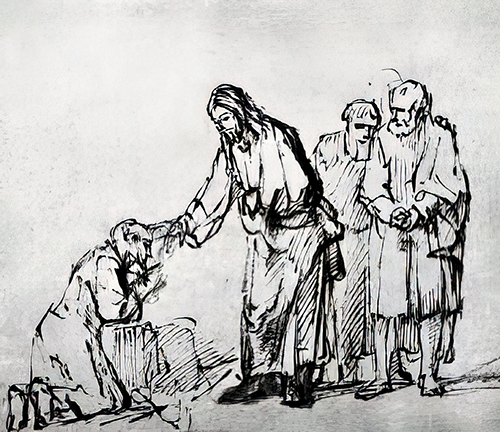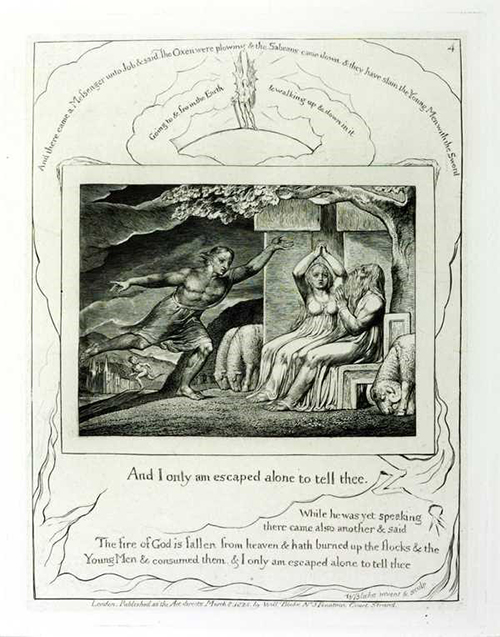Brevity often does not belie importance, and in some ways, the few verses in Mk. 1: 40 -45 summarises the whole of the ministry and person of Jesus.
A leper came to Jesus begging him, and kneeling, he said to him, “If you choose, you can make me clean.” Moved with pity, Jesus stretched out his hand touched him, and said to him, “I do choose. Be made clean!”
Immediately, the leprosy left him, and he was made clean.
After sternly warning him, he sent him away at once, saying to him, “See that you say nothing to anyone; but go, show yourself to the priest, and offer for your cleansing what Moses commanded, as a testimony to them.”
But he went out and began to proclaim it freely, and to spread the word, so that Jesus could no longer go into a town openly, but stayed out in the country; and people came to him from every quarter. ( Mk. 1: 40 -45)
Rembrandt van Rijn, usually simply known as Rembrandt, was a Dutch Golden Age painter.
Among his artwork gallery, Rembrandt has a total of 300 etchings, including one which dramatizes today’s Gospel.
Rembrandt’s composition is informative and reflective for us.
Rembrandt dramatises the separation between the leper and the community, represented by the figures to Jesus’ right, who are disturbed by this encounter.
The leper left space between Jesus and himself because of the law which forbade any physical contact between lepers and anyone else, forcing them to associate only with each other on the fringes of society. To have the disease, which was in many cases not true leprosy, was a sentence of familial and social if not also physical, death.
Rembrandt shows Jesus, moved ‘by compassion,” bending towards the man and abolishing the distance by stretching out and touching him, a gesture which was against the law. It is a revolutionary action, signalling disobedience to a holy public health rule.

Mark recounts the miracle, but Rembrandt shows it as the most natural inclination of the body and mind of the healer: society creates the gap and turns away; Jesus turns towards the sick person and bridges the gap.
[This gap being closed is most easily identified in our health industry, with the immediate attention of medical and nursing personnel. However, it is equally recognizable in the family home where the parent(s) care for the ill child. Whether mumps or measles, a runny nose or a runny derriere, Mum and/or Dad are there.!]
Rembrandt makes that most natural and gentle gesture into a symbol of Jesus’ ministry.
The gap is also that between rich and poor, righteous and sinner, Jew, and Gentile, clean and unclean.
The person who is on the wrong side of any of these separations can imagine the hand of Jesus crossing the gap to touch them.
This carelessness with important societal taboos, aroused powerful opposition to Jesus, and was one of the reasons why this gentle hand was eventually nailed to an execution stake.



